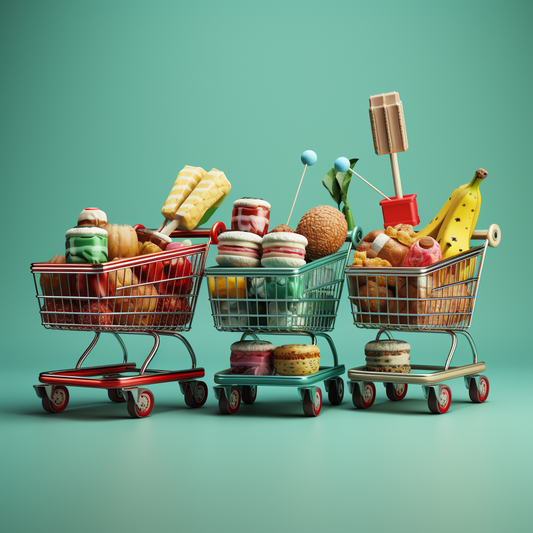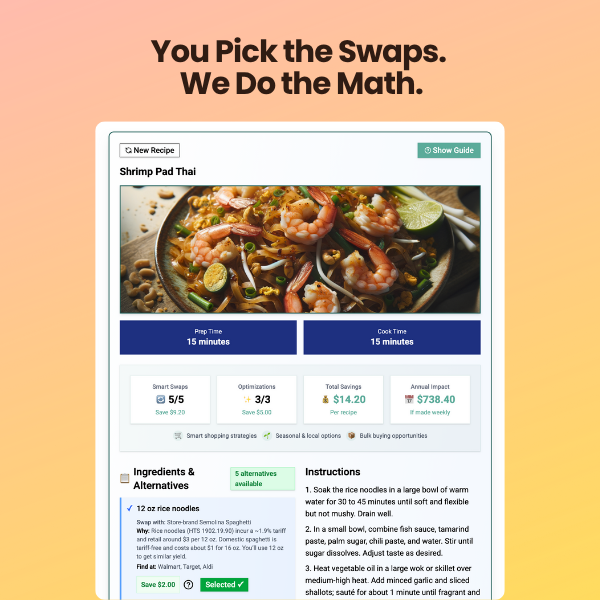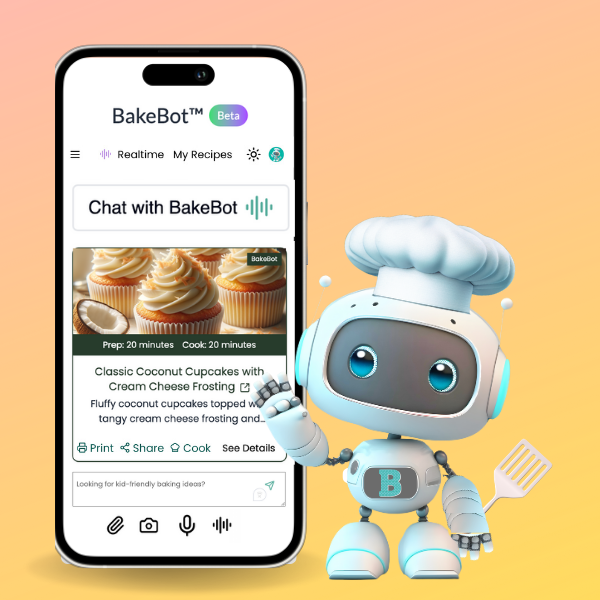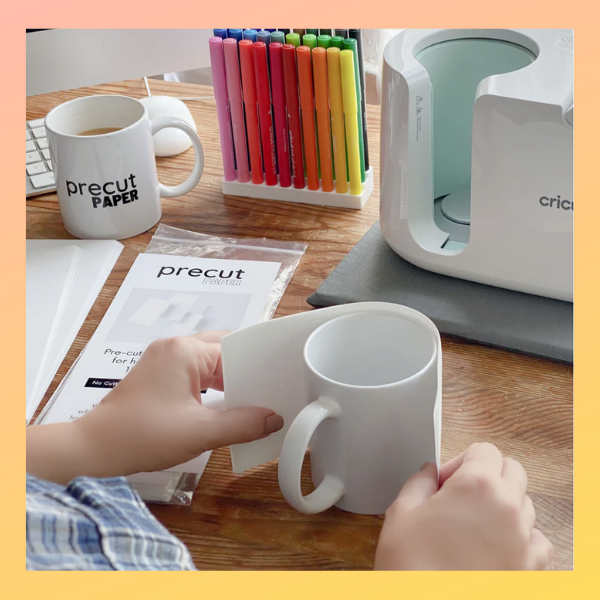
Why I Built BakeBot to Solve Real Game Day Problems (And How It Actually Works)
Babette PepajBuilding BakeBot came from a simple realization: hosting shouldn't be stressful, but somehow we've all accepted that it is. You spend days planning, hours shopping, and then the actual day arrives and something always goes sideways. I wanted to change that.
Not with another meal planning app or recipe database, but with something that actually thinks alongside you when things don't go as planned. Because let's be honest - they rarely do.
The most common game day disaster? You're following a recipe and realize you're missing a key ingredient. It happens to everyone, and it always seems to happen at the worst possible moment.
How BakeBot Handles Real Kitchen Problems
Most people face this dilemma: run to the store (and miss time with guests) or try to wing it and hope for the best.
BakeBot approaches this differently. When you tell it what you're missing, it doesn't just suggest random substitutions - it considers the role that ingredient plays in your specific recipe. Making buffalo chicken dip without cream cheese? BakeBot knows you need something with similar fat content and tang, so it might suggest Greek yogurt mixed with a bit of butter. The texture stays right, the flavor works, and you didn't have to guess.
This isn't magic - it's understanding food science and applying it practically. But it feels like magic when you're standing in your kitchen 30 minutes before kickoff.
Your AI Bartender Speaks Every Language
Here's something that still amazes me: BakeBot literally has conversations with your guests in their native language. Not translations, not scripted responses - actual back-and-forth dialogue about cocktail techniques, ingredient ratios, and flavor preferences.
Picture this: your friend from Barcelona is standing at your kitchen counter, and she says in Spanish, "I want to make sangria, but I don't know how much wine to use." BakeBot responds immediately: "Para una jarra grande, necesitas una botella de vino tinto. ¿Prefieres que sea más fuerte o más suave?" They're having a real conversation about whether she wants it stronger or milder.
Meanwhile, your German colleague is asking BakeBot about whiskey types for an Old Fashioned - entirely in German. BakeBot explains the difference between bourbon and rye, asks about his sweetness preference, and walks him through the muddling technique. All while your Spanish-speaking friend is still getting personalized sangria advice.
This isn't just translation software - it's like having a knowledgeable bartender who happens to speak fluent Spanish, German, French, Italian, and dozens of other languages, all at the same time. Everyone gets to learn, contribute, and feel completely at home in your kitchen.
BakeBot Actually Sees What's in Your Kitchen
Beyond the conversation capabilities, there's something equally impressive happening with BakeBot's vision. It can literally look at your pantry and understand what you have to work with.
The vision recognition isn't about showing off technology - it's about working with how people actually cook. You open your pantry, snap a photo, and BakeBot sees what you have to work with. Not just the obvious stuff, but that half-empty jar of tahini you forgot about, or the coconut milk hiding behind the pasta.
Then it suggests things you can actually make right now, with what's actually there. No idealized ingredient lists, no assumptions about your spice collection. Just practical suggestions based on reality.
Why the Voice Features Matter More Than You'd Think
I added voice capabilities because I noticed something: when people are cooking for a crowd, their hands are busy. You can't stop everything to type questions or scroll through recipes. You need to be able to ask "How long do I bake these?" while your hands are covered in flour, or say "BakeBot, remind me to flip the wings in 10 minutes" without touching your phone.
It's not about being fancy - it's about removing friction when you're already juggling multiple tasks. Good hosting happens when you can stay present with your guests instead of disappearing into the kitchen with your phone.
The Entertainment Factor Nobody Expected
Something I didn't anticipate: people love including BakeBot in the social part of game day. Guests enjoy asking it questions, getting suggestions for their dietary preferences, or having it walk them through making something they've never tried before.
It becomes part of the gathering rather than just a behind-the-scenes tool. Someone will say "Ask BakeBot what we can make with those leftover wings," and suddenly everyone's involved in figuring out tomorrow's lunch. It adds to the conversation instead of taking you away from it.
Where This Actually Helps Most
The biggest impact isn't on the perfect game days - it's on the chaotic ones. When someone brings extra people, when dietary restrictions get mentioned last minute, when you realize you bought regular tortillas but half your guests are gluten-free.
BakeBot shines when you need to pivot quickly without compromising on making people feel welcome and well-fed. It helps you be flexible and inclusive without the stress of trying to figure everything out on the fly.
The Honest Truth About Hosting
Building this tool taught me something important: good hosting isn't about perfection. It's about making people feel cared for, included, and comfortable. The food matters, but what really matters is that everyone feels like they belong at your table.
BakeBot helps with the logistics so you can focus on the relationship part. When you're not stressed about the food, you can actually enjoy your own party. When guests can participate in making things, they feel more connected. When dietary needs are handled gracefully, everyone can relax and have fun.
That's why I built it, and that's why it works the way it does. Not to show off what AI can do, but to handle the practical stuff so the human stuff can happen naturally.
Try BakeBot on BakeSpace.com/bakebot, or use BakeBot.ai for the full experience with voice and vision features. Either way, you'll spend less time worrying about food logistics and more time actually enjoying the game with people you care about.
Because that's really the point, isn't it?










